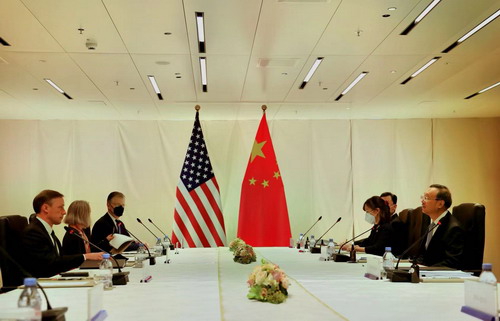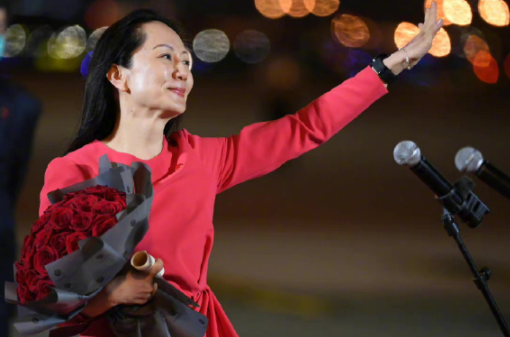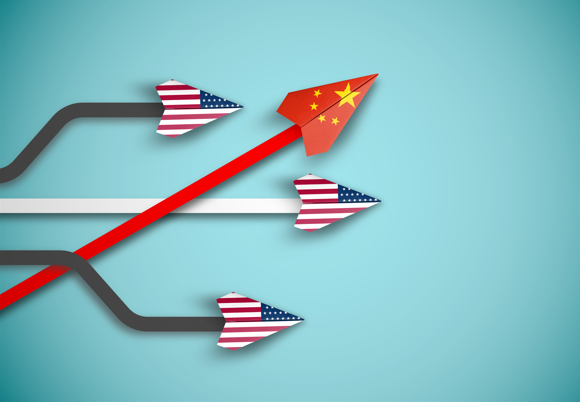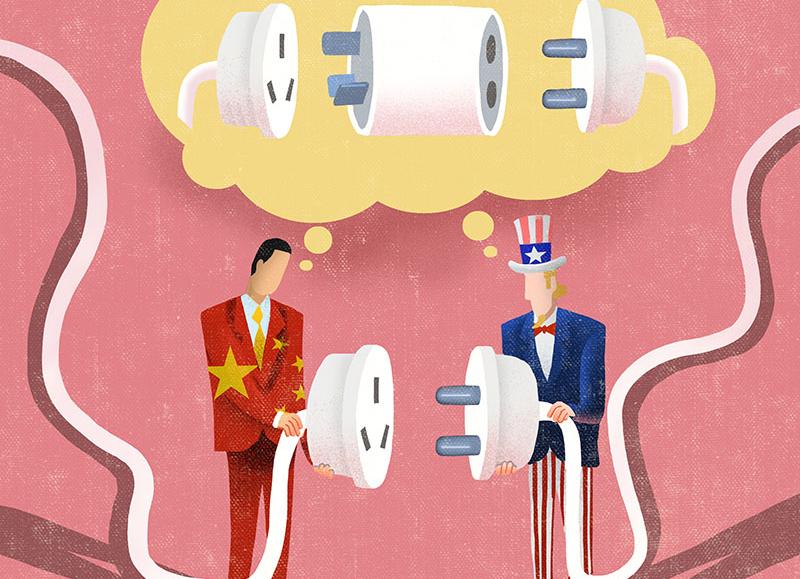Sun Chenghao, Fellow, Center for International Security and Strategy of Tsinghua University; Munich Young Leader 2025
Oct 13, 2021
Dialogue is always better than confrontation. The Zurich talks may lead to a virtual presidential meeting and more frequent strategic discussion between the two countries to gradually change the negative narrative of competition. A solid foundation must be built one step at a time, and each opportunity seized.
Joseph S. Nye, Professor, Harvard University
Oct 11, 2021
As US President Joe Biden’s administration implements its strategy of great power competition with China, analysts seek historical metaphors to explain the deepening rivalry. But while many invoke the onset of the Cold War, a more worrisome historical metaphor is the start of World War I. In 1914, all the great powers expected a short third Balkan War. Instead, as the British historian Christopher Clark has shown, they sleepwalked into a conflagration that lasted four years, destroyed four empires, and killed millions.

Sun Zhe, Co-director, China Initiative, Columbia University; Senior Research Fellow, Institute of State Governance Studies, Beijing University
Oct 11, 2021
One positive outcome is that the two presidents, Xi Jinping and Joe Biden, will hold a videoconference before the end of the year. But there have been a number of other good signs elsewhere as well. Bilateral ties have not continued deteriorating but are showing signs of a gradual thaw.
Eric Harwit, Professor, University of Hawaii Asian Studies Program
Oct 02, 2021
Though America and China’s governments see eye-to-eye on very little these days, cooperation in the scientific fields is possible and has been happening quietly for some time.

Lu Chuanying, Fellow and Secretary-general of the Research Center for the International Governance of Cyberspace, SIIS
Oct 02, 2021
Meng Wanzhou’s release, along with Canada’s two Michaels, breaks a deadlock in a geopolitical tug-of-war. It presents an opportunity to restore mutual trust between China and the U.S. in the sci-tech sector. A crackdown on China now would be ill-timed.

An Gang, Adjunct Fellow, Center for International Security and Strategy, Tsinghua University
Sep 30, 2021
A three-tier diplomatic architecture is needed under which leaders at the top level can break the ice and remove roadblocks for those below. While there are some grounds for concern of a possible bilateral breakup, this cannot be allowed to happen. There is safety in clarity.
Cui Liru, Former President, China Institutes of Contemporary International Relations
Sep 18, 2021
The U.S. president’s hands are tied by Democrats’ slim majority in Congress, and Republican are piling on the pressure ahead of elections. So it will be tough for the U.S. to change its policy course anytime soon, so long as those in policymaking circles stick to their views.
Sun Chenghao, Fellow, Center for International Security and Strategy of Tsinghua University; Munich Young Leader 2025
Sep 18, 2021
China’s “two lists” and “three bottom lines” clearly lay out China’s basic interests. If the United States truly wants to compete responsibly, it must respect China’s interests and understand its concerns. Only this approach can avoid a slide into conflict.
Cheng Li, Director, John L. Thornton China Center, The Brookings Institution
Sep 14, 2021
Why should shared interest in middle class development in China and the United States be a key driving force in the bilateral relationship today?

Bunthorn Sok, Lecturer of International Studies at RUPP and Economic Diplomacy at ERA/RSA, Cambodia
Sep 07, 2021
In 2018, US President Donald Trump declared that the US had erred in backing China’s accession into the World Trade Organization in 2001. He was convicted that such political establishment had been lulled by China’s still juvenile economic situation in the late 1980s, and that American politicians failed to grasp that supporting China’s candidacy would create a political and economic risk to the US’ global hegemony.
Back to Top

- China-US Focus builds trust and understanding between the U.S. and China through open dialogue among thought leaders.
- Our Offerings
- Topics
- Videos
- Podcasts
- Columnists
- Research Reports
- Focus Digest
- Stay Connected
-
Thanks for signing up!
- Get the latest stories from China-US Focus weekly.